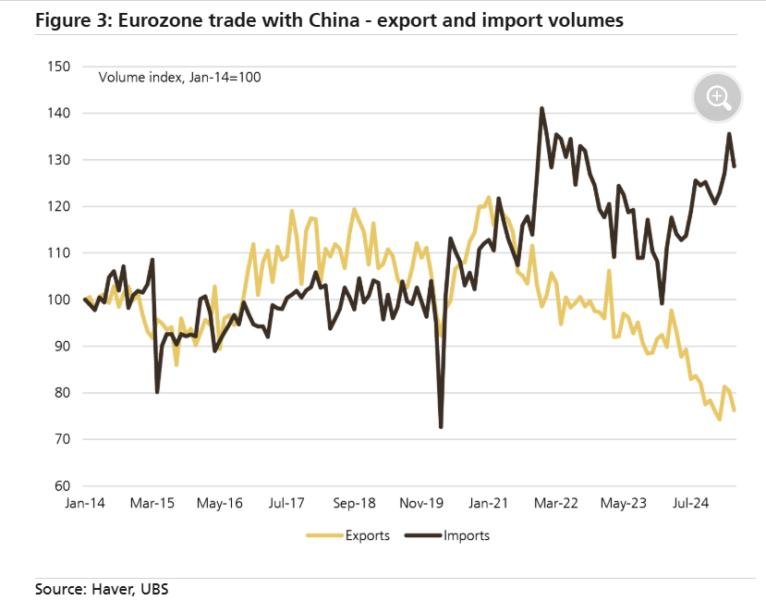China has consolidated its rare-earth sector into two state-owned giants, tightened export quotas, and introduced new supply-chain tracking systems as part of a sweeping push to reinforce its global dominance in critical mineral processing.
The move marks a sharp contrast with 2010, when smuggling and fragmented production undermined Beijing’s attempt to restrict exports during a dispute with Japan. Today, China controls about 90% of global rare-earth processing and is increasingly using that dominance for geopolitical leverage.
A key part of this shift has been consolidation. From hundreds of producers in the early 2000s, the industry now centres on China Rare Earth Group and China Northern Rare Earth Group High-Tech. The crackdown on illegal mining and rogue traders has allowed Beijing to exert tighter control while limiting environmental damage, said David Abraham, a professor at Boise State University.
In tandem with industry consolidation, China has tightened its quota regime. Production caps on mining, smelting and separation—introduced in 2006—are now limited to the two state-backed giants. In 2024, the mining quota rose just 5.9% year-on-year, down sharply from a 21.4% increase the year before. Analysts expect a similarly slow rate of growth or even a flat allocation this year.
Export controls have also expanded. Since late 2023, China has banned the export of rare-earth magnet-making technology, extending an earlier prohibition on separation and extraction tools.
While upstream consolidation is nearly complete, China’s magnet sector remains fragmented. Dozens of firms such as JL Mag Rare-Earth and Ningbo Yunsheng still operate across the country. To bring this part of the supply chain under closer watch, Beijing introduced a tracking system in June requiring companies to disclose transaction volumes and customer details.
Analysts say the strengthened oversight has turned China’s rare-earth industry into a potent tool of statecraft. When new curbs were imposed in April 2025, automakers globally faced shortages within weeks, and some were forced to suspend production.
Rare earths, vital for electric vehicles and renewable energy technology, remain largely dependent on Chinese supply chains, leaving manufacturers vulnerable to shifts in Beijing’s policy.







